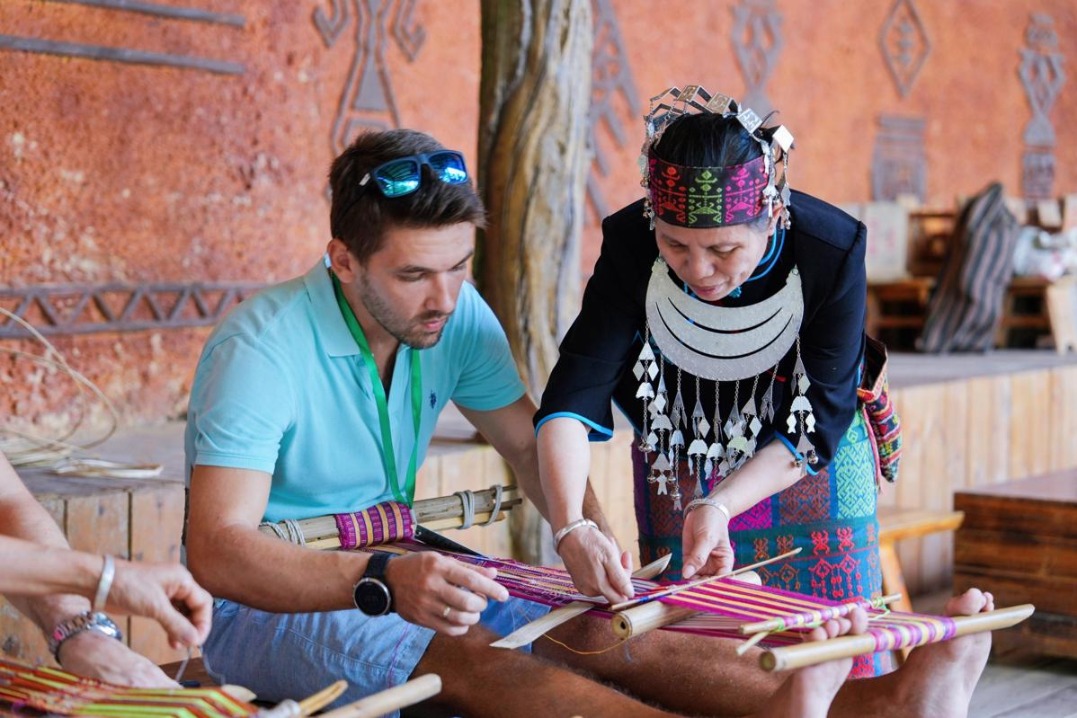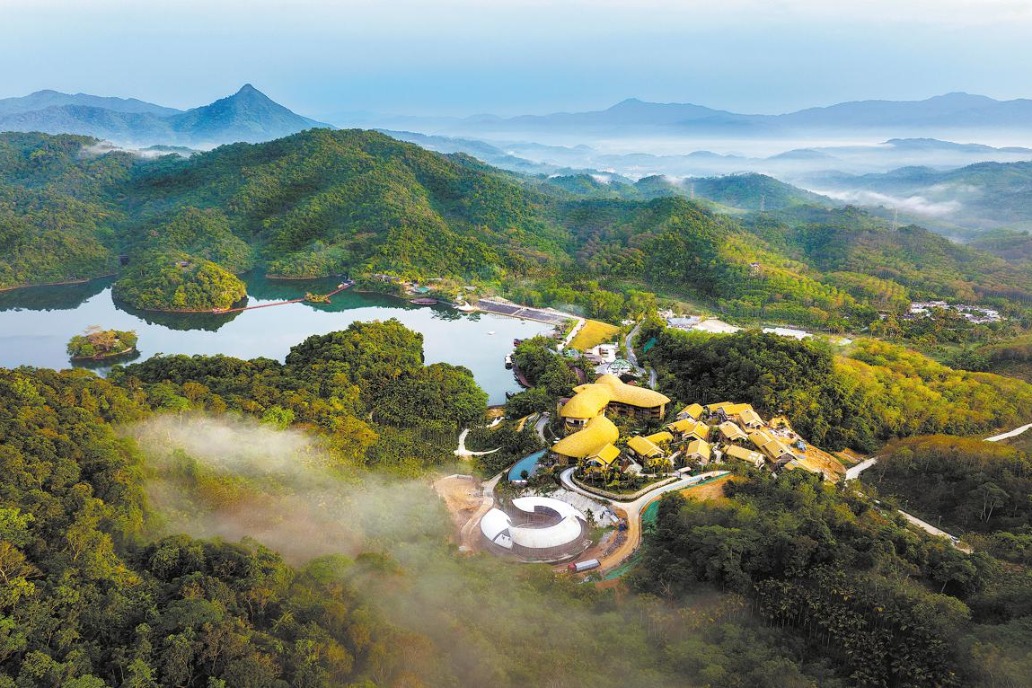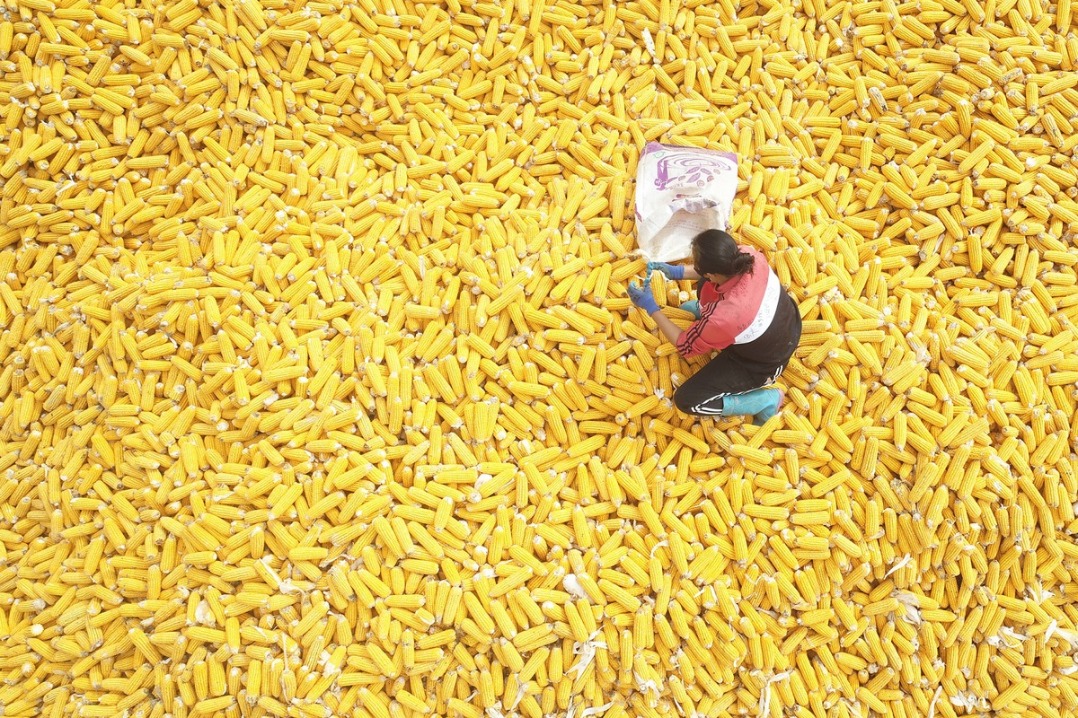New blackout hits swaths of Venezuela including Caracas
China Daily Global | Updated: 2019-03-27 09:12

A new blackout swept across Venezuela on Monday, including much of Caracas, sowing alarm two weeks after a nationwide outage that paralyzed the country, Agence France-Presse reported.
The outage began shortly after 1 pm and appeared to have affected as many as 16 of Venezuela's 23 states, according to reports on social media, according to The Associated Press.
After nightfall, many apartment buildings in the Caracas metro area-home to around 6 million people-were aglow again and traffic lights were back on, but people reported they were still in the dark in some other states.
Venezuelan Communications Minister Jorge Rodriguez blamed the latest blackout on "a sabotage on the charging and transmission center" at the Guri Dam, which supplies 80 percent of the power to the country of 30 million.
"What (last time) took days, now has been taken care of in just a few hours," Rodriguez said, saying the fix had been made in "record time".

Earlier on Monday, a local newspaper reported that the power was out at Venezuela's main international airport outside Caracas. Cellphone signals were disrupted and television was blanked out.
The government blamed the outage on an "attack" targeting the giant Guri hydroelectric plant.
Rodriguez told state television that the opposition was responsible, claiming it "wants to plunge the population into profound unease".
Venezuela suffered its worst blackout earlier this month, when a power outage plunged nearly the entire country in darkness for some five days. Officials blamed the blackout on sabotage by right-wing extremists working to undermine the government, Xinhua News Agency reported.
During the previous outage this month, more than a dozen patients in hospitals died, public transport came to a halt, production slowed in the vital oil sector and water supplies were interrupted, AFP said.
President Nicolas Maduro blamed the previous outage on a cyberattack on the Guri plant, accusing the United States. He went on to order the creation of a new military unit to protect basic installations.
But the US government, which has made no secret of its desire to remove Maduro, has denied any role in the outages, AP said.
Monday's blackout also hit the National Assembly building, forcing occupants to exit in the dark using stairs.
In the streets of Caracas, anxiety was evident as residents worked out how to return home without a working subway network and few, over-crammed buses.
"I'm wondering how to get home because there's no metro. I live in the center and it takes me two hours. I move slowly," Ana Gonzalez, a frail 64-year-old who was closing up the cleaning products shop where she worked, told AFP.
Also on Monday, the rift between Russia and the US over how to resolve the crisis in Venezuela widened following the arrival of Russian military personnel to Caracas.
In a telephone call, US Secretary of State Mike Pompeo told Russian Foreign Minister Sergei Lavrov that "the United States and regional countries will not stand idly by as Russia exacerbates tensions in Venezuela," the State Department said. Pompeo said "the continued insertion of Russian military personnel" in Venezuela could prolong the country's problems and urged Russia "to cease its unconstructive behavior".
Two Russian air force planes landed in Venezuela on March 23 carrying a Russian defense official and nearly 100 troops, reports said.
Lavrov countered during the call that "Washington's attempts to organize a coup in Venezuela and the threats directed against its legitimate government represent a violation of the UN Charter and blunt interference into internal affairs of a sovereign nation," according to the Russian Foreign Ministry.
Political conflict between Maduro and opposition leader Juan Guaido erupted as the latter declared himself "interim president" during an anti-government rally on Jan 23 and was immediately recognized by the US and some of its allies.
Xinhua
























